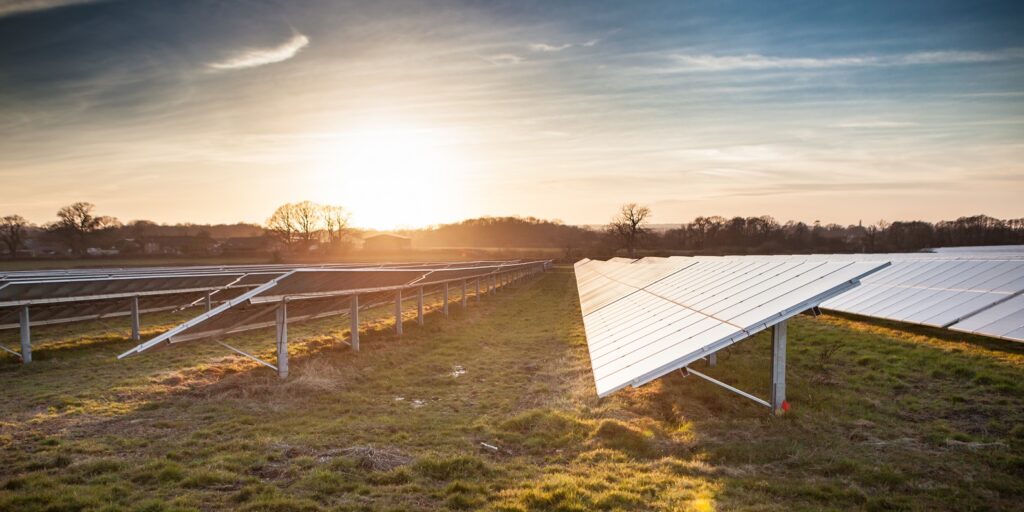The UK has slid down one place to eighth in EY’s Renewable Energy Country Attractiveness Index (RECAI) amidst Brexit uncertainty.
The consultancy giant’s latest update, for Q3 2018, attributes a 46% year-on-year drop in investment within the quarter to sweeping uncertainty as the country’s Brexit negotiations show little sign of meaningful progress.
EY said that there had been a marked downturn in investment appetite with growing concerns that a no-deal Brexit could impact power exports and the cost of imported technologies.
Furthermore, EY also concluded that there were “few positives” to take from the UK government’s recent Budget announcement, with little in the way of encouragement for renewables and low carbon transport.
Indeed last week’s Budget attracted the ire of the low carbon economy. Many lambasted chancellor Philip Hammond for failing to mention climate change during his speech and HMT’s red book documents fail to make a single mention of renewable energy.
Established renewable technologies remain the most impacted by government decisions of late and this much is clear within the technology-specific scores attributed to each country by EY. For Solar PV, the UK’s RECAI score of 41 is the second-lowest in the top 20 and ranked 35th overall, with just Denmark, Belgium, Ireland, Poland and Sweden scoring lower.
But Ben Warren, global power & utilities corporate finance leader at EY, said that uncertainty was not limited to the UK market.
“An uncertain world market has characterised the latest Index, with some of the majors waiting to see how geopolitical fortunes play out – including Brexit and ongoing trade hostility. In China, this has been exacerbated by decreased demand and moves to slow renewables growth, which creates a surplus of low-price solar panels.
“But while leading markets are reluctant to make decisive moves in this climate, the inertia will likely be temporary as the renewable energy sector continues to mature.”





